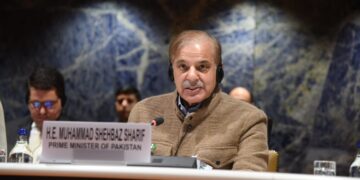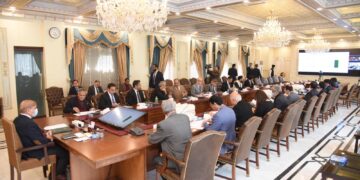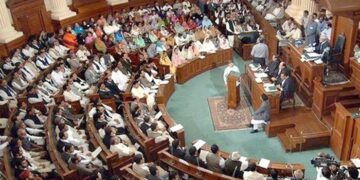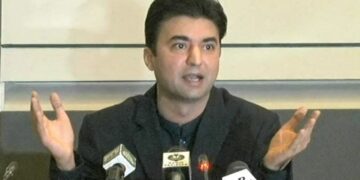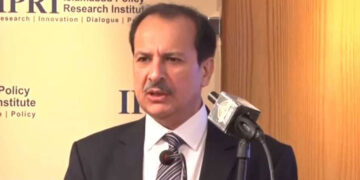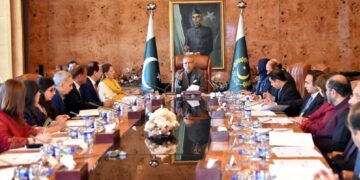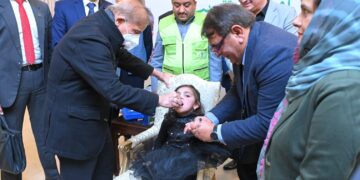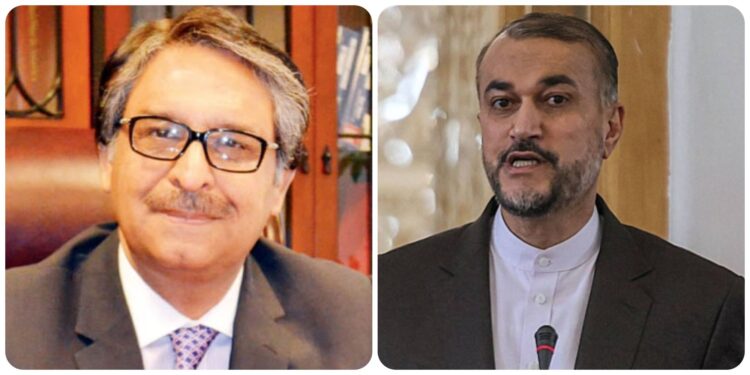The Foreign Minister of Pakistan, Jalil Abbas Jilani, held a telephonic conversation, with the Foreign Minister of Iran, Hossein Amir Abdollahian. It is to be noted that, the talks between both the ministers took place on Monday.
During the telephonic conversation, the leaders of both the nations held talks on the bilateral significance and the regional situation.
The information about the above mentioned has been shared by the Office of the Ministry of Foreign Affairs of Pakistan.
Notably, during the conversation, the Foreign Minister Jalil Abbas Jilani expressed Pakistan’s deep concern over the dire situation in Occupied Palestine especially in Gaza.
At the same time, he emphasized the need for a ceasefire, lifting of the siege, provision of uninterrupted humanitarian assistance including the medical supplies to the people of Gaza.
It is to be specifically mentioned that, Pakistan has remain continuous on its stance for criticizing the war crimes taking place in Palestine and Gaza.
During the talks, leaders of both the nations have held talks on the resumption of the diplomatic efforts for lasting peace in the Middle East based on a just solution to the prolonging issue of Palestine.
Along with this, the leaders of both the nation held talks on the major factors that will help in boosting the bilateral relations between both the nations. The talks revolved around the major subjects, which will directly going to benefit both the nations.
The Foreign Minister of Pakistan, Jalil Abbas Jilani also made a strong condemnation on the terrorist attack in the Southeastern Iran on December 15. It is to be mentioned that the terrorist attack has resulted in the deaths of several Iranian security personnel.
During the conversation, Jilani highlighted Pakistan’s firm commitment to working closely with Iran in confronting the menace of terrorism, which is collective challenge to the regional peace and security.
Meanwhile, the leaders of both the nations reaffirmed their commitment to further reinforce Pakistan-Iran brotherly ties, rooted in the history and culture and agreed to enhance exchange of high-level visits.
